ABR receives a commission on items purchased through this link. All ABR reviews are fully independent.
‘H. Sapiens needs help’
The recent discovery of Neanderthal remains in a cave in France is timely for Rachel Kushner’s latest novel, Creation Lake, which opens with the question: ‘What is a human being?’ Timely, because this novel deals with the question in a largely archaeological manner, focusing on that nebulous point in history when Neanderthals and Homo sapiens parted ways. The former, it seems, went quietly into extinction; the latter, with their cunning intellect and knack for not knowing what is good for them, went on to create the socio-environmental mess we find ourselves in today.
The cultural image of the Neanderthal as a poorer version of humanity is being challenged; so too the idea that humans replaced Neanderthals in some linear evolutionary schema. If humans are anything, the novel’s narrator tells us, they are arrogant: ‘H. Sapiens needs help. But doesn’t want help’. This is primarily because they ‘cannot escape the chain of their telos, the sad idea that they are the logical outcome ... and that what came before must have been simple and crude’.
These ideas run parallel to Creation Lake’s main narrative, which slowly morphs into a plot about a plot to assassinate a French government sub-minister at a small country fair. Sadie Smith, our narrator, is a freelance intelligence agent hired to infiltrate a group of ecoterrorists hiding in a remote part of rural France. The premise is intriguing, and Kushner treads carefully on the dreams of the young activists: Sadie’s role is not to judge them (although she struggles with this at times) but to live among them; her mission is to discern their motivations and ideals less than their intentions. After all, there has been some serious vandalism of machinery in the area; with plans to create large plastic megabasins for irrigating monocrops, certain corporations are on edge. Enter Sadie, with her collection of boutique guns, an appetite for casual sex, and a means-justifies-the-end modus operandi. She is also exactly what we might expect from the narrator of a novel of contemporary mores: an edgy, cynical, and observant misanthrope guiding the unenlightened reader through a ‘lawless and chaotic and random’ world.
Creation Lake is too slow and cumbersome to be a thriller, too lacking in intrigue to be a spy novel. Fine, it is not really either of these anyway. It is certainly not plot-driven, which again is fine, so long as there is enough to prevent the reader skipping pages to rediscover the plotline (which I found myself doing at certain points in the novel). It is a novel in which nothing really happens, which, again, is fine; as French novelist Michel Houellebecq once wrote, ‘anything can happen in life, especially nothing’, a principle he was, however, forced to violate time and again in his novels. Kushner may secretly aspire to write like Houellebecq – indeed, he makes a brief appearance in Creation Lake under his birth name ‘Michel Thomas’ – and at times she matches the French enfant terrible’s seamless blending of information with multiple storylines and talent for knowing when to switch effectively between them.
Some sections are laboured, such as the long backstories for characters whose motivations we can discern clearly from their present situations. Kushner’s tell-not-show approach to character sometimes becomes mired in unnecessary detail. Where she is at her best is when she is hunting down analogy, and the novel is rich with these. Her definition of contemporary Europe as ‘[t]ruck ruts and panties snagged on a bush’ is just one example of this, overturning the mythic idea of a Europe ‘cherished by certain Parisians’. The ‘real’ Europe, Sadie notes, is ‘a borderless network of supply and transport. It is shrink-wrapped palettes of super-pasteurized milk or powdered Nesquick or semiconductors. The real Europe is highways and nuclear power plants. It is windowless distribution warehouses, where unseen men, Polish, Moldovan, Macedonian, back up their empty trucks and load goods that they will move through a grid called “Europe”’. Her description of the patchy hills surrounding Vandome as being like ‘the scalp of someone with an autoimmune condition’ draws a fine comparison between the degradation of the environment and the ravaging of the human immune system that increasingly resorts to attacking itself.
What makes Creation Lake thoroughly intriguing, however, is the character of Bruno Lacombe, a shadowy presence in the novel who appears only via emails hacked by Sadie. Although from the outset, Sadie is clear-headed about the phenomenon of charisma (it comes from the need to ‘believe that special people exist’), she finds herself increasingly drawn to Bruno and his philosophy. Bruno, a former May ’68er, studies Neanderthal society and culture, finding them to be the foil to the deadlock of late capitalism which has stunned Homo sapiens with its permanence. The answer? Retire to your cave, opt out, find your inner Neanderthal: ‘Revolution, which back in 1968 he had believed was possible, he now saw to be foreclosed. The world ruled by capital would not be dismantled. Instead, it had to be left behind.’ At first, this idea strikes Sadie as ‘lonely and hopeless. But maybe it is only by admitting that some harmful condition is permanent, that you begin to locate a way to escape it.’
Creation Lake reaches what can only be described as a suitable denouement. The activists, momentarily driven underground, will continue to fight the government and the corporations. Bruno sits in his dark cave contemplating the light display behind his eyelids. Sadie, shaken from her experiences, contemplates her future as an intelligence agent. There is a quiet uneasiness to all of this, which grows to dominate the novel, like ‘a Nebraskan Monsanto horizon’. What Creation Lake leaves you with is the feeling that nothing can or ever will be right again.
ABR receives a commission on items purchased through this link. All ABR reviews are fully independent.


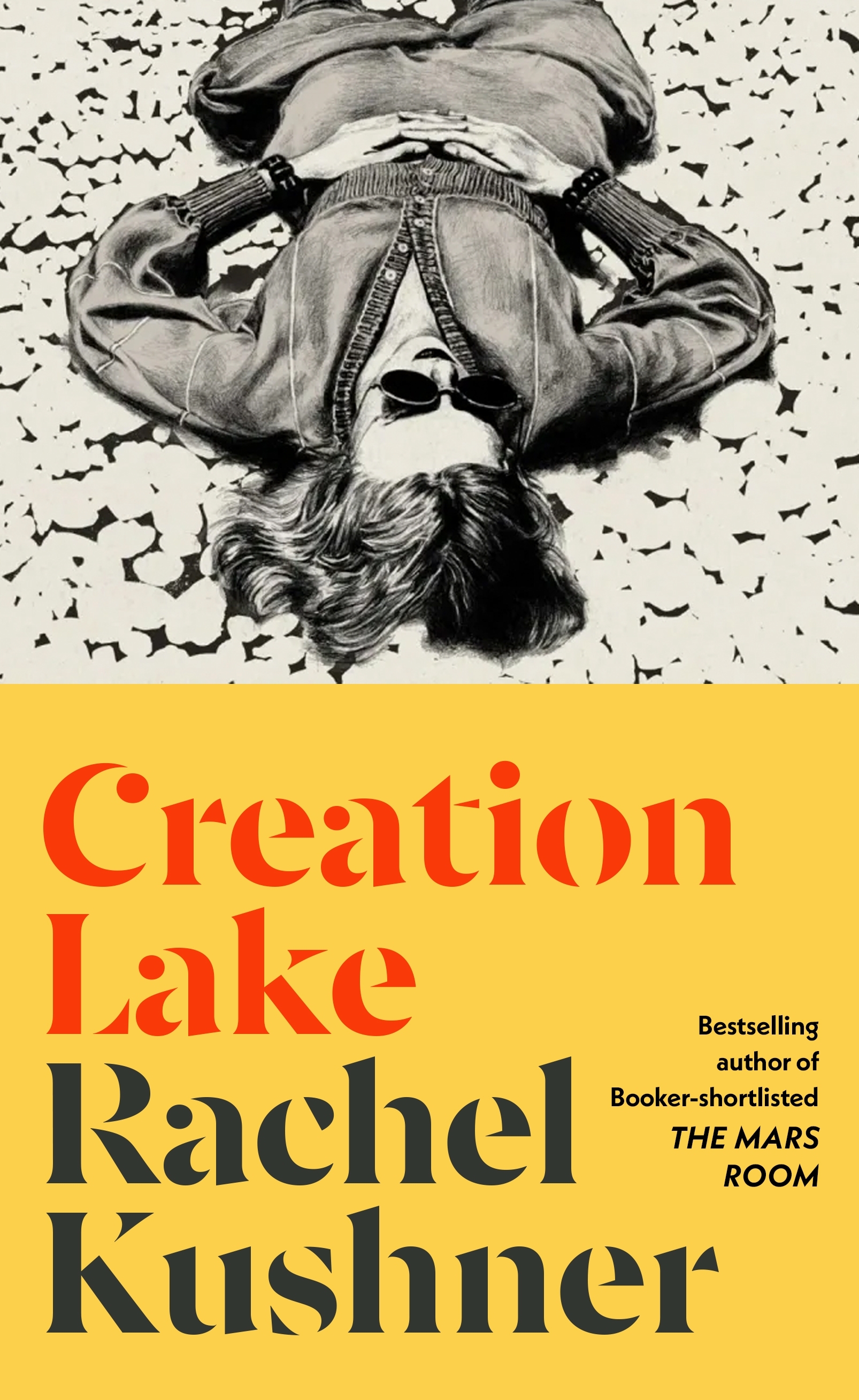
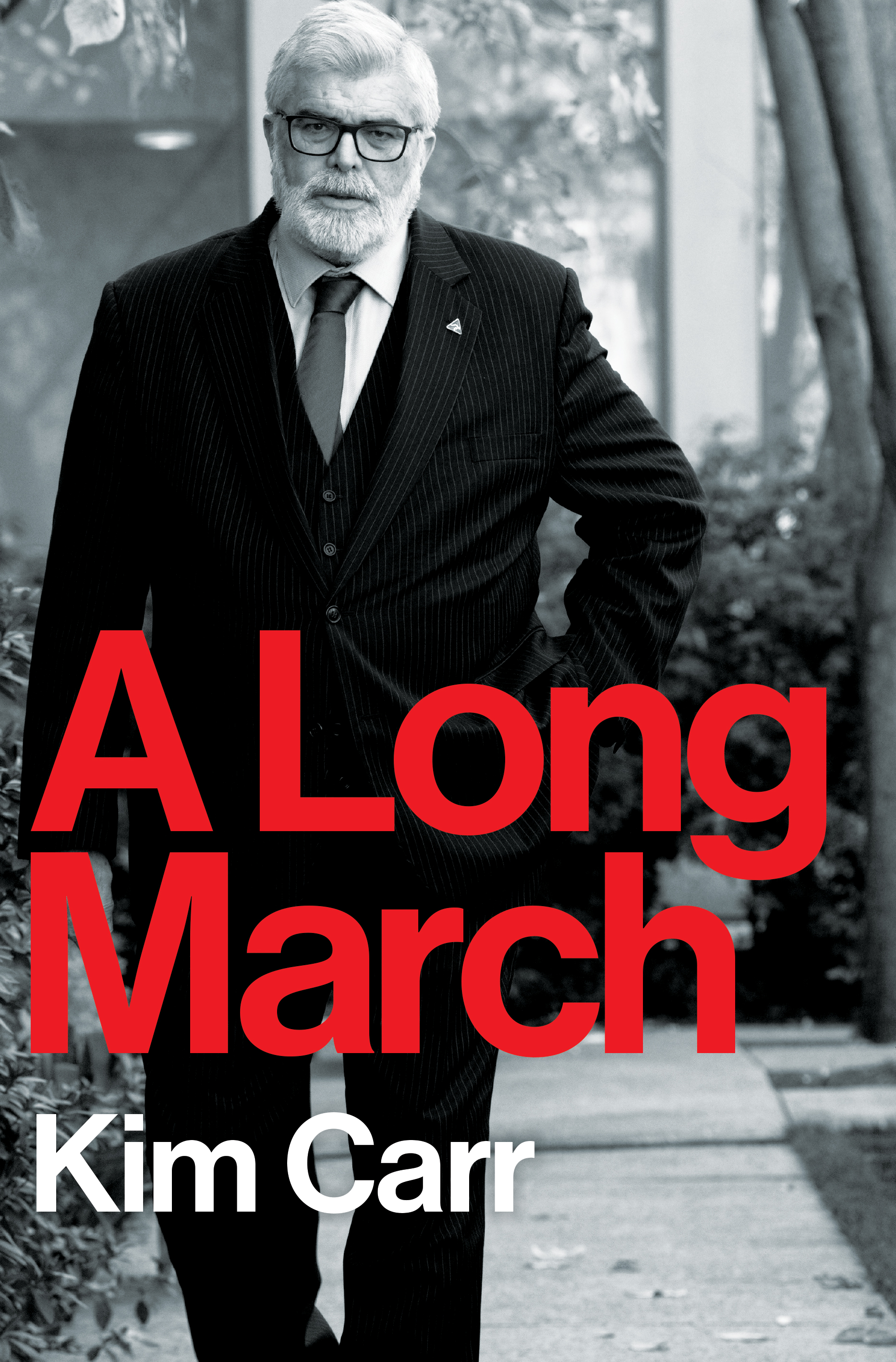
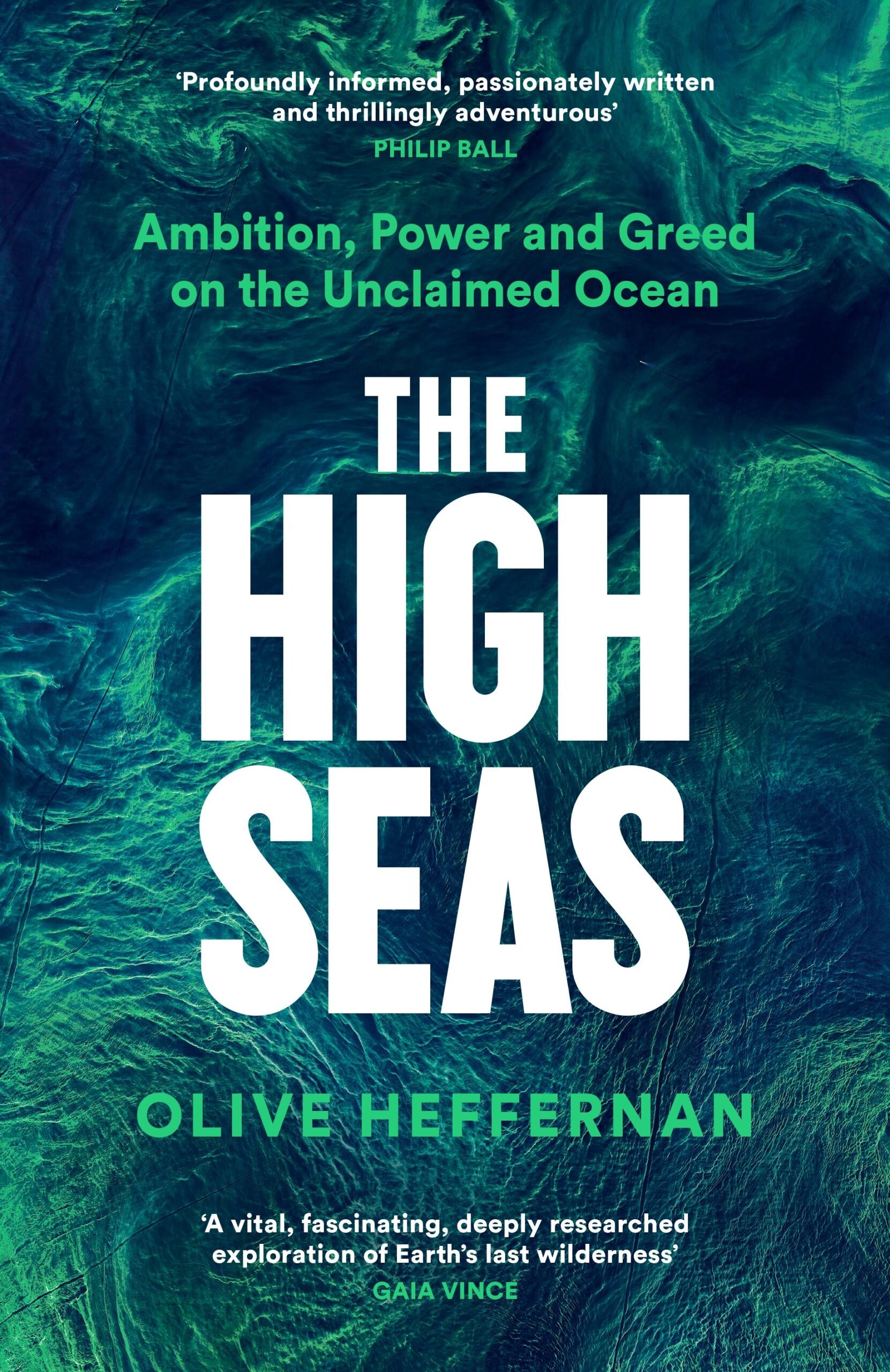
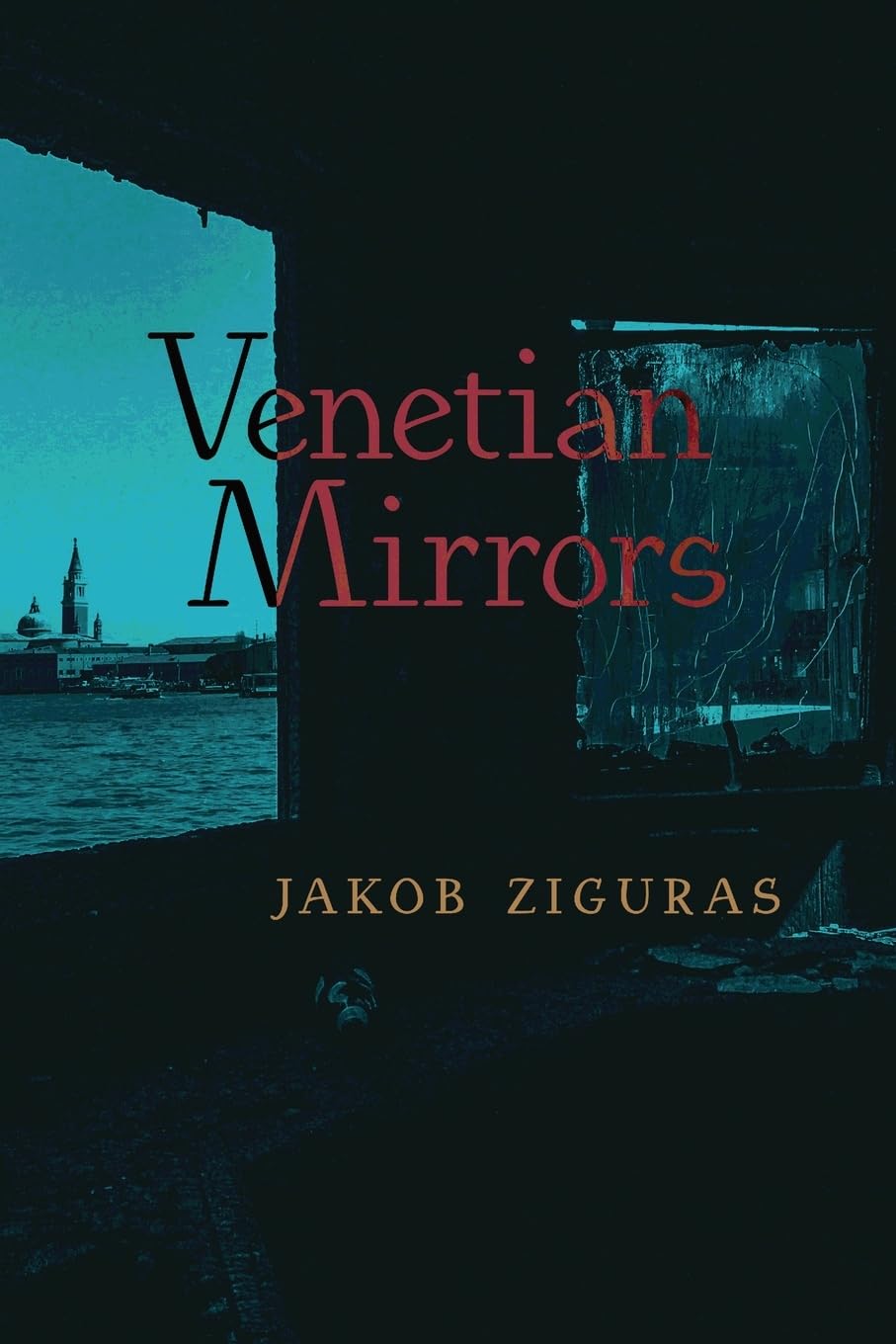
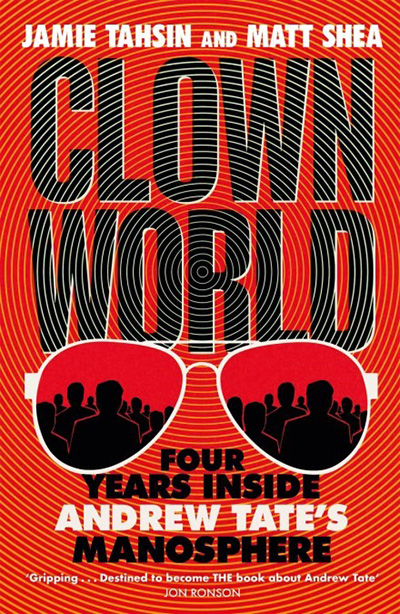


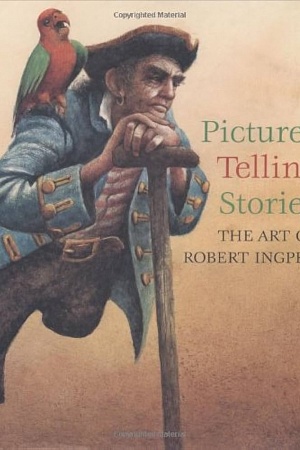
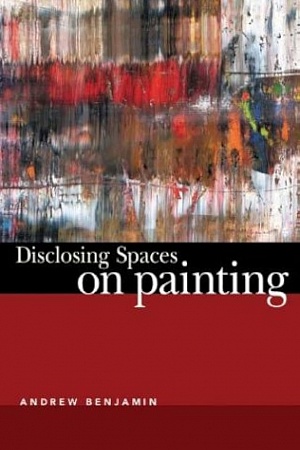
Comment (1)
Then I read some more formal reviews in places such as The Guardian, the New York Times and this one. Predictably, these were much more positive.
This was another stark example of the gap which often exists between professional reviewers and readers. Readers seem much more willing to criticise a book, often in very blunt terms, whereas reviewers seem far more reluctant to do this. Why? Is it due to some sense of loyalty to the literary world? A fear to bite the hand that feeds the reviewer? Or is it because reviewers are 'better' readers, willing to stick with a book and be patient and let the novel unfold? Obviously, you can't really review a book unless you actually read it - although I note that the quotes from reviewed books often seem to be from early parts of the book, which makes me wonder whether the reviewer did actually finish it.
So, based on those mixed views, from readers who have nothing to lose, and professional reviewers who do, should I go on? I'll compromise: I will give it a serious try, at least 100 pages, but if it's not working for me then, I'll trust the readers.
Leave a comment
If you are an ABR subscriber, you will need to sign in to post a comment.
If you have forgotten your sign in details, or if you receive an error message when trying to submit your comment, please email your comment (and the name of the article to which it relates) to ABR Comments. We will review your comment and, subject to approval, we will post it under your name.
Please note that all comments must be approved by ABR and comply with our Terms & Conditions.